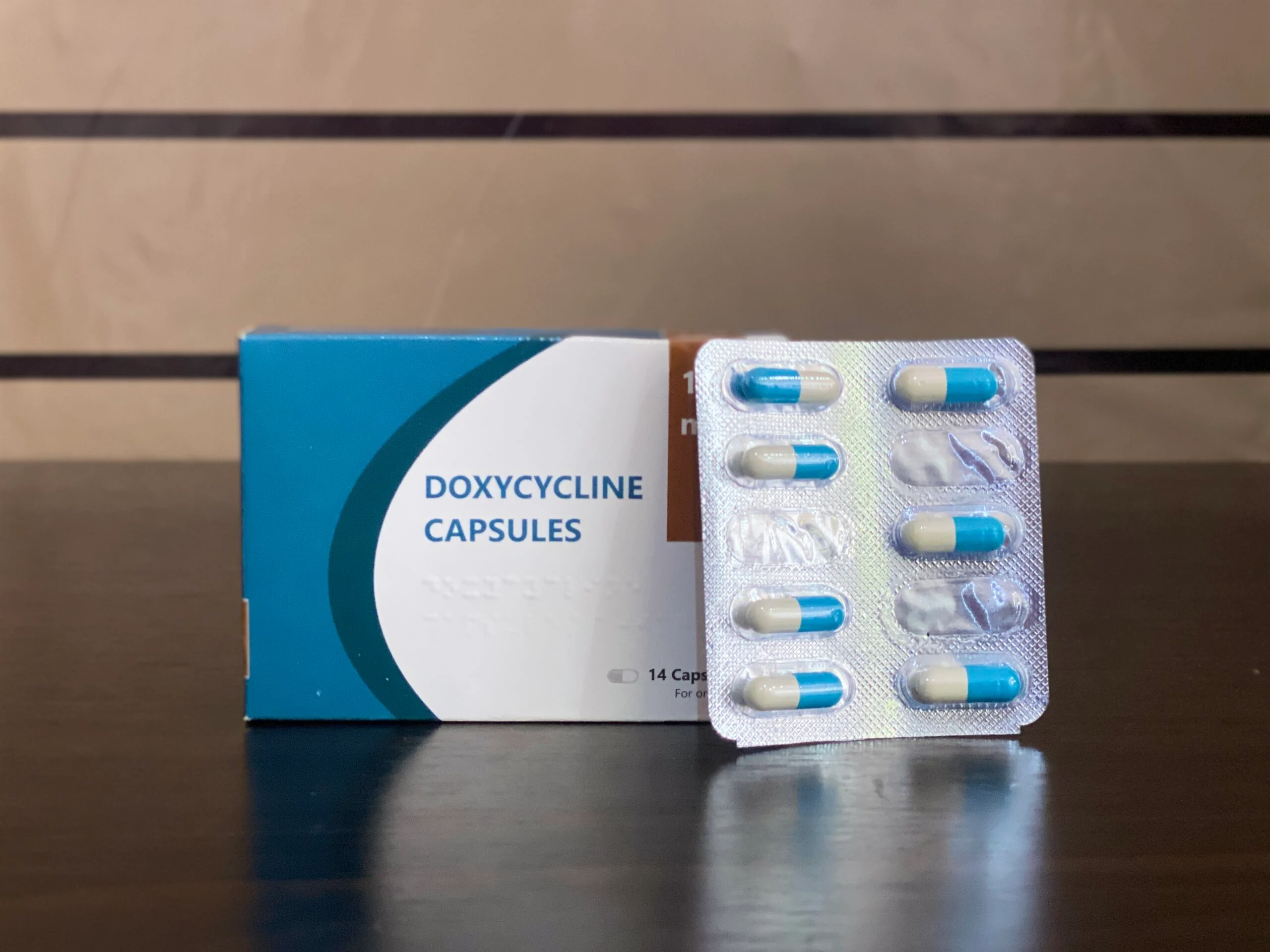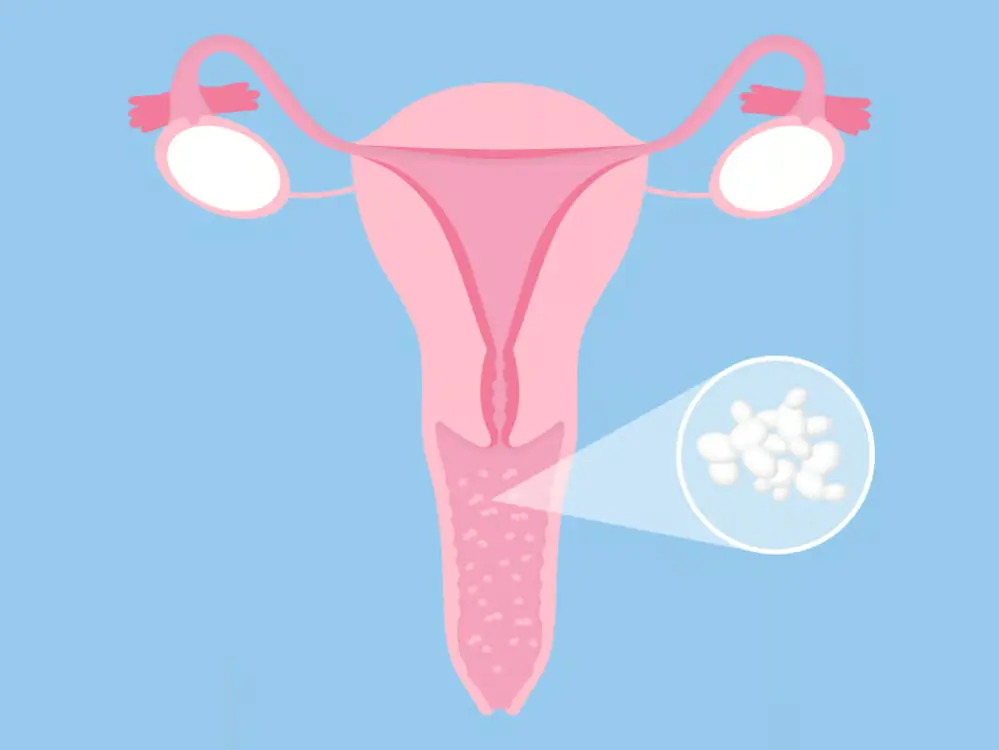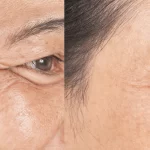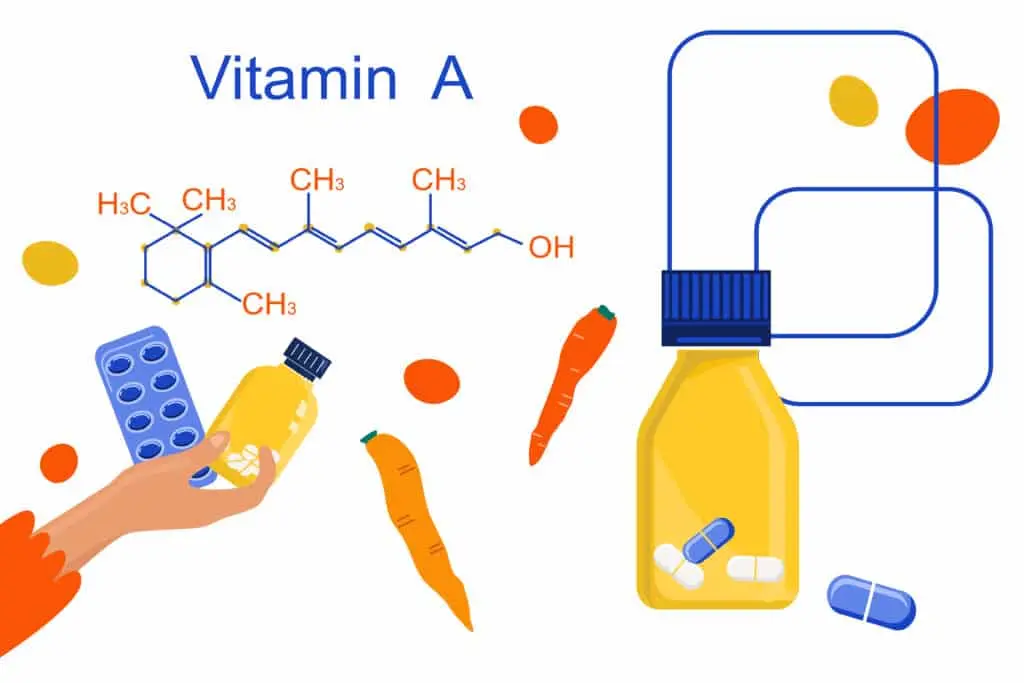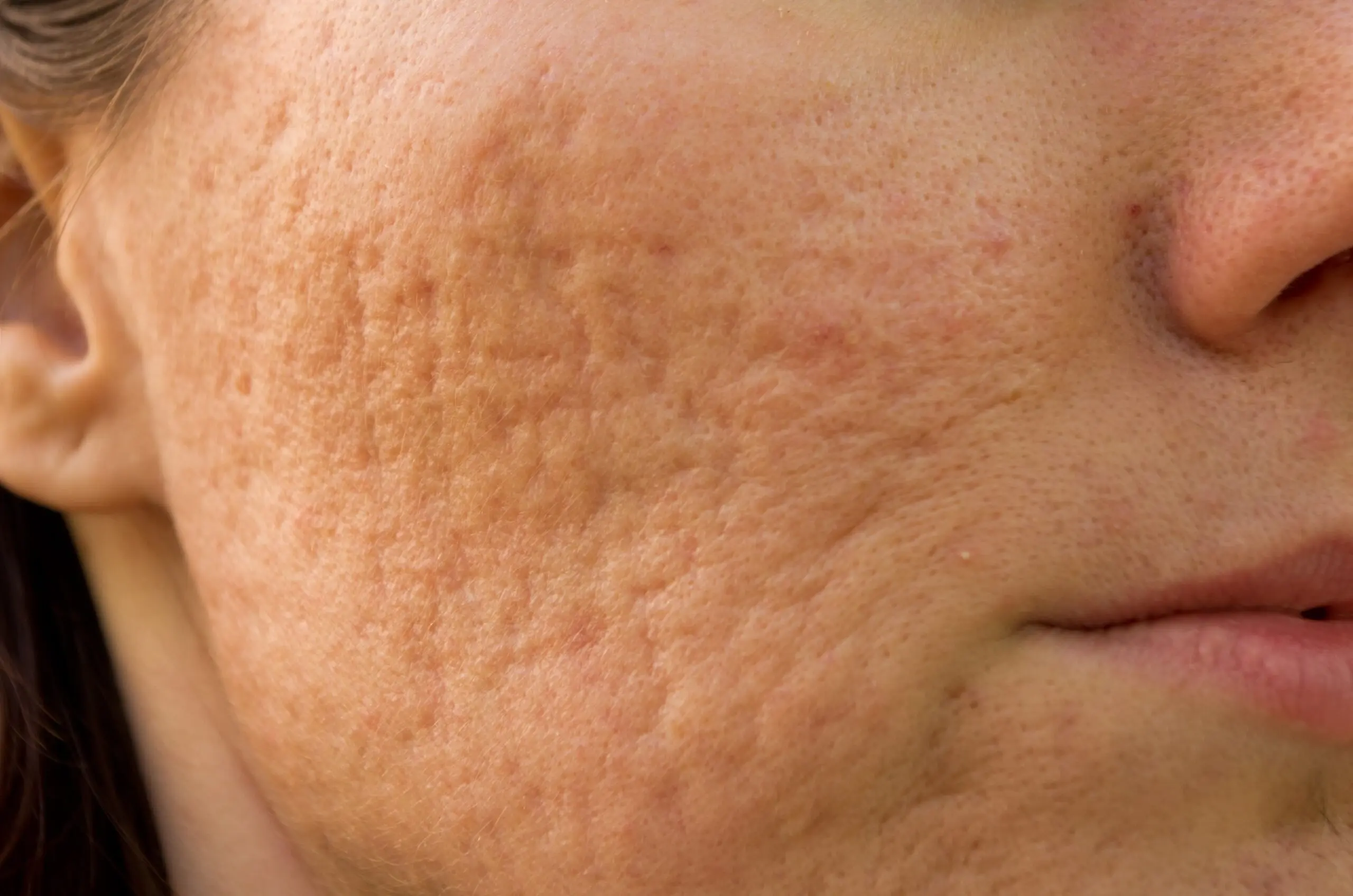Accutane and doxycycline are two acne medicines, but they should never be taken together. Both help reduce breakouts, but mixing them can cause intracranial hypertension, also called pseudotumor cerebri.
This condition can lead to headaches, visual disturbances, nausea, and vomiting. Dr. Alicia Atkins from DermOnDemand advises using only one at a time under a doctor’s supervision.
Learn more about professional acne treatment from a dermatologist and how experts personalize care based on your skin type and condition. Understanding the differences between Accutane and doxycycline helps patients choose a safe and effective treatment for acne.
Key Takeaways
- Accutane and doxycycline are both effective acne medications, but should never be taken together because the combination can cause intracranial hypertension and serious side effects like headaches and visual disturbances.
- Dermatologists recommend using one medication at a time, with a waiting period of at least 7–10 days between stopping doxycycline and starting Accutane to prevent complications.
- Doxycycline is most effective for moderate acne and inflammation, while Accutane is reserved for severe or cystic acne that doesn’t respond to other treatments.
- Patients should avoid mixing these drugs with vitamin A supplements, alcohol, or other tetracycline antibiotics to reduce the risk of pseudotumor cerebri.
- Consulting a board-certified dermatologist, such as Dr. Alicia Atkins at DermOnDemand, ensures safe and personalized acne treatment, as well as expert medical supervision.
What They Are and How They Work
What Is Accutane (Isotretinoin) and What Does It Do?
Accutane, also known as isotretinoin, is derived from vitamin A. It lowers the amount of oil the skin makes and prevents pores from clogging. Doctors use it to treat severe or cystic acne that doesn’t respond to other treatments. Most people see clear skin after four to six months of use.
What Is Doxycycline and How Does It Work?
Doxycycline is a broad-spectrum antibiotic from the tetracycline family. It fights acne-causing bacteria and reduces swelling. Dermatologists prescribe it for moderate to severe acne, rosacea, and other skin conditions. It doesn’t change oil production but helps calm redness and prevent new pimples.
Doxycycline for Acne and Other Skin Conditions
Doxycycline can treat more than acne. It also helps with folliculitis, perioral dermatitis, and skin infections. Because it reduces inflammation, it works well for acne that causes redness and swelling. Many doctors use it first before trying stronger treatments, such as isotretinoin.
Comparing Accutane and Doxycycline
Are Accutane and Doxycycline the Same Thing?
No. These medicines work in different ways. Accutane reduces oil and helps skin renew itself. Doxycycline kills bacteria and reduces swelling. Your dermatologist will select one based on your specific type of acne and how your skin has responded to previous treatments.
Doxycycline vs Isotretinoin for Acne and Rosacea: Which Is Better?
For mild or moderate acne, doxycycline is often enough. For rosacea, it is safe and helpful. For deep cystic acne or acne that causes scarring, Accutane is more effective. Dr. Atkins typically recommends isotretinoin when other treatments fail to yield lasting results.
Combined Use and Possible Interactions
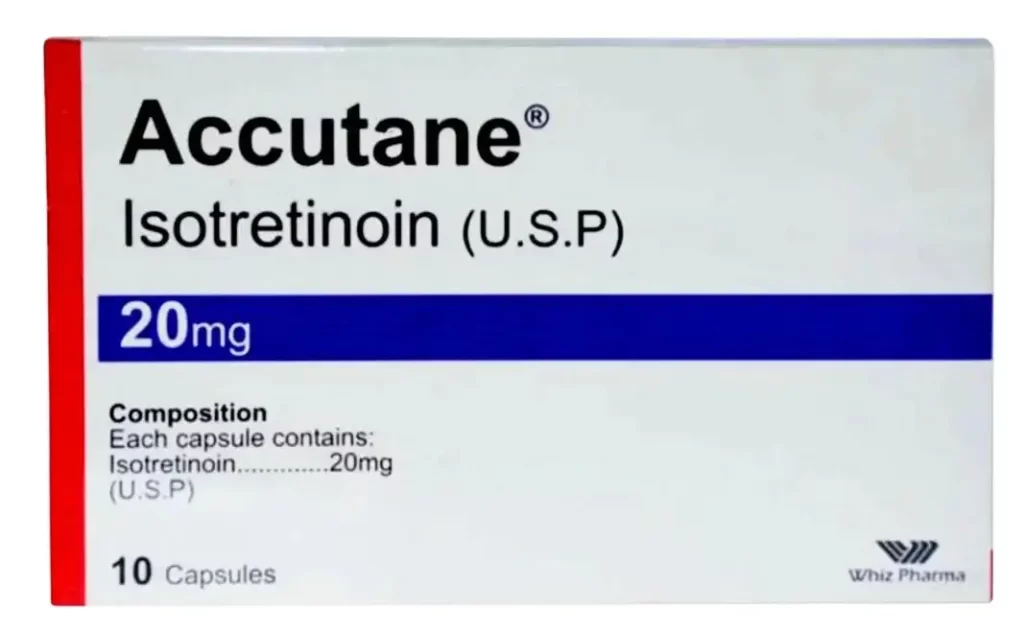
Accutane and Doxycycline Interaction: How It Happens and Risks
Taking Accutane and doxycycline together is unsafe. Both can raise pressure in the brain, leading to pseudotumor cerebri, also known as intracranial hypertension. This may cause headaches, visual disturbances, nausea, and vomiting.
The risk comes from how both affect the fluid around the brain. To stay safe, dermatologists never prescribe them simultaneously.
Can I Take Accutane and Doxycycline Together?
No. Taking doxycycline and Accutane together can be dangerous. Even a short overlap increases brain pressure. If you take doxycycline, your doctor will wait until it clears from your system before starting Accutane.
Accutane and Doxycycline at the Same Time: What to Avoid
Never take these medicines at the same time. They can cause pseudotumor cerebri and visual disturbances even in small doses. Always inform your doctor about all medications, vitamins, or supplements, especially vitamin A, as it can exacerbate side effects.
Low Dose Accutane and Doxycycline: Precautions
Some studies test low doses to reduce Accutane side effects, but Dr. Atkins warns that even small amounts can still raise brain pressure. Instead of combining them, doctors may lower the Accutane dose or switch to topical antibiotics. Safety should always come first.
Timing and Treatment Safety
How Long to Wait Between Doxycycline and Accutane
Most dermatologists recommend waiting seven to ten days after stopping doxycycline before starting Accutane. This “washout” period lets the antibiotic leave your body. Waiting helps prevent intracranial hypertension and visual disturbances.
Doxycycline–Isotretinoin Washout: Why Waiting Matters
The doxycycline–isotretinoin washout gives your body time to reset. It stops both medicines from affecting your brain at the same time. If you skip this step, you may get headaches, dizziness, nausea, or vomiting. Good timing helps keep acne treatment safe.
Can I Take Antibiotics While on Accutane?
Not all antibiotics are unsafe; however, tetracycline antibiotics, such as doxycycline, should be avoided in certain situations. If you develop an infection while taking isotretinoin, your doctor may recommend safer alternatives, such as amoxicillin or azithromycin. These don’t cause intracranial hypertension and are safe to use with Accutane.
What Should You Not Mix Doxycycline With?
Do not mix doxycycline with isotretinoin, vitamin A, or alcohol. Avoid dairy and iron because they can reduce the amount of medicine your body absorbs. Always follow your dermatologist’s directions and share all medicines you take, even over-the-counter ones.
How to Choose the Right Treatment
Factors Your Dermatologist Considers Before Prescribing
Your dermatologist will assess your type of acne, medical history, and potential risks. People with migraines, vision issues, or liver problems may need blood tests first. For isotretinoin, doctors monitor cholesterol and liver function during treatment to ensure its safety.
When to Use Accutane, Doxycycline, or Both
Doxycycline helps with moderate acne and swelling. Accutane is most effective for severe or cystic acne that can lead to scarring. Some patients start with doxycycline and move to Accutane for long-term results. This step-by-step approach helps lower antibiotic resistance and improve safety.
Why Medical Supervision Is Essential
These medications are potent and require careful medical supervision. Using them without a doctor can lead to side effects and health risks. Dermatologists, such as Dr. Atkins, monitor blood work, adjust doses, and ensure your treatment remains safe.
Online Dermatology Care with Specialists
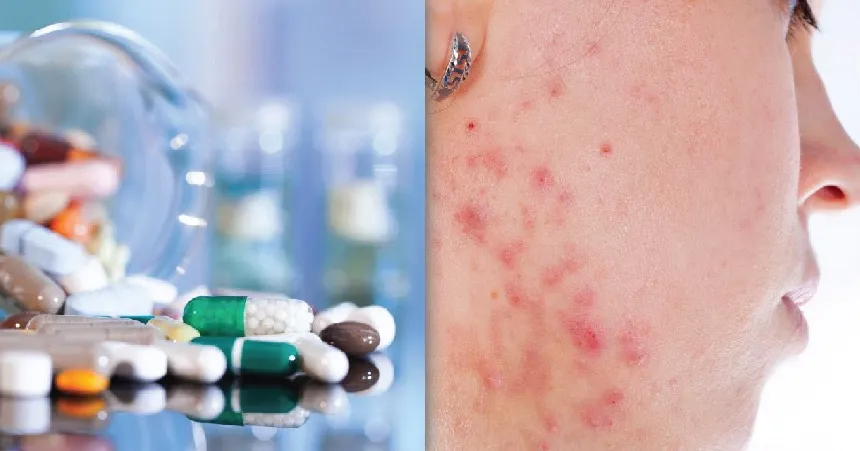
How Digital Dermatology Consultations Work
With DermOnDemand, you can get acne care from home. Fill out a short online form, upload photos of your skin, and describe your symptoms. A board-certified dermatologist reviews your case and provides a treatment plan within 24 hours. There are no waiting rooms or video calls, just fast, professional help.
Fast Diagnosis and Prescription Plans with DermOnDemand
Dr. Alicia Atkins and her team specialize in treating acne, rosacea, eczema, and hair loss. Each prescription is tailored to your needs and delivered directly to your home. DermOnDemand offers private, reliable, and easy access to professional skincare for individuals seeking fast results.
Frequently Asked Questions about Doxycycline and Isotretinoin
Doctors usually recommend waiting 7 to 14 days between stopping doxycycline and starting isotretinoin. This gives your body time to clear the antibiotic and lowers the risk of pseudotumor cerebri. Always ask your dermatologist about timing.
Yes, but only if your doctor approves. Starting too soon can raise brain pressure and cause intracranial hypertension. Most doctors wait a few weeks or months, or may use a different antibiotic instead.
Stopping Accutane or doxycycline too early can cause acne to come back or make bacteria resistant. If you feel nausea, vomiting, or notice visual disturbances, contact your doctor immediately. Never stop treatment on your own.
DermOnDemand, led by Dr. Alicia Atkins, provides expert dermatology care that is both safe and convenient. Patients receive personalized acne treatments, quick prescriptions, and guidance from board-certified dermatologists.
Whether you’re exploring Accutane and doxycycline or other options, professional help ensures safety, results, and long-term skin health.


